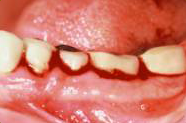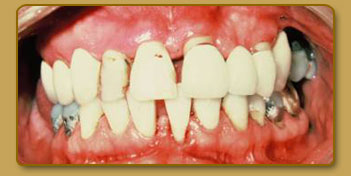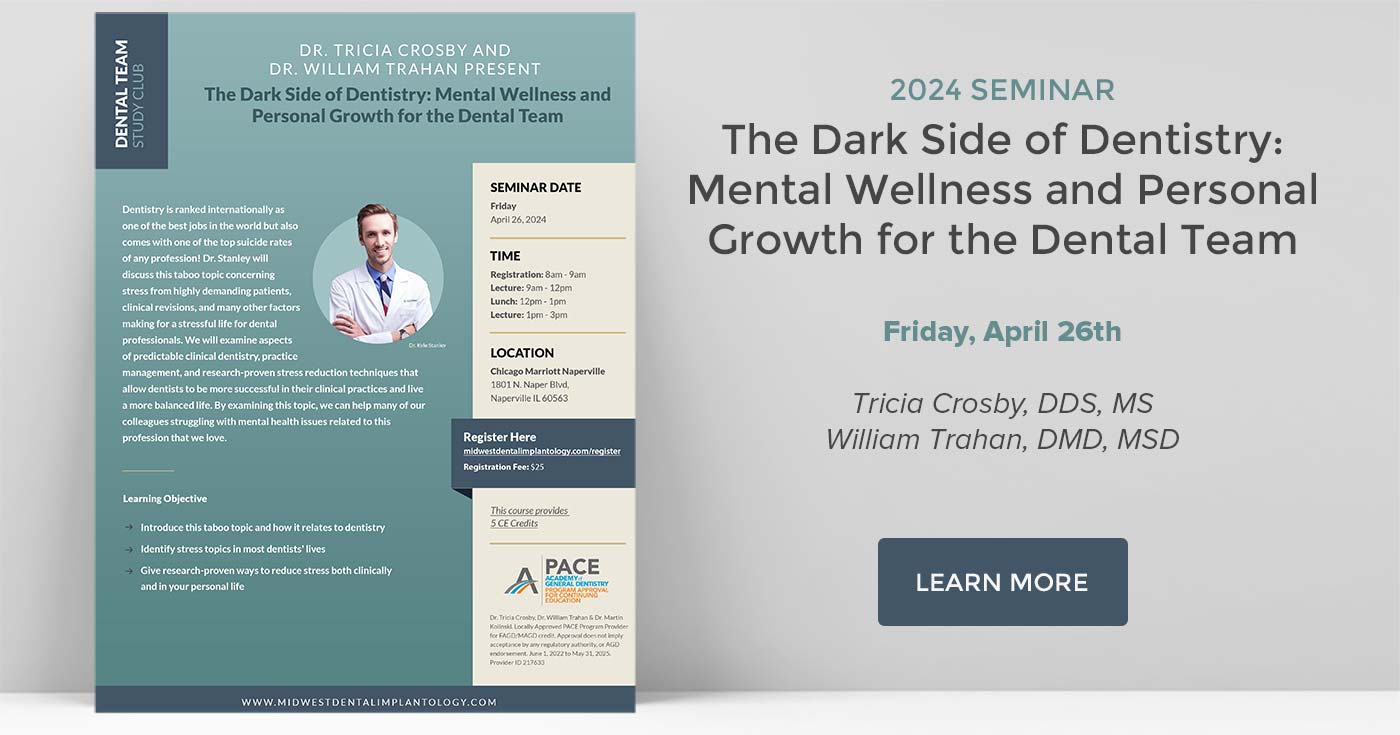About Periodontal Disease
What is Periodontal Disease?
Periodontal diseases are infections of the gums, which gradually destroy the support of your natural teeth. Dental plaque is the primary cause of gum disease in genetically susceptible individuals. Bacteria found in plaque produce toxins or poisons, which irritate the gums. They may cause them to turn red, swell and bleed easily. If this irritation is prolonged, the gums separate from the teeth, causing pockets (spaces) to form. Plaque can also harden into a rough, porous substance known as calculus (or tartar). This can occur both above and below the gum line. As periodontal diseases progress, the supporting gum tissue and bone that holds teeth in place deteriorate. If left untreated, this leads to tooth loss. However, don't be fooled. With periodontal disease, bleeding, redness and swelling do not always have to be present. Further, pain is usually not associated with periodontal disease. This disease damages the teeth, gum and jawbone of more than 80% of Americans by age 45. Signs and Symptoms of Periodontal Disease
|

|
|
 |
Factors Affecting Periodontal Disease Plaque Above and Below the Gums Bite
- Teeth in Poor Position
- Missing Teeth
- Tooth Grinding
- Older Restorations
- Poor Diet
- Diabetes
- Smoking

